Exactly 60 years ago, on October 14, 1962, photographs taken by an American spy plane caused a panic in the White House.
“Despite Moscow’s denials that it has no plans to install nuclear-tipped missiles in Cuba, it has now become clear that missile facilities are being built on the island that could affect most US population centers,” American media wrote in those days.
What happened then, in the early 1960s?
“What about us…” This phrase from my homeland, I will often recall in publications related to foreign policy, as it very well reflects the behavior of the United States in relation to other countries.
After deploying American nuclear-tipped missiles in Turkey, Soviet leader Nikita Khrushchev secretly sent nuclear-tipped medium-range missiles to Cuba, in the so-called. “the soft underbelly of the United States.
Turboboat “Physicist Kurchatov”, one of the ships of the “Leninsky Komsomol” type, in the port of Kasilda. The shadow of the F-101 Voodoo, the reconnaissance aircraft that took the picture, is visible on the dock
There were at least 2 reasons for this, the ongoing US attempts to seize Cuba by military means, as well as the deployment in Turkey (at a minimum distance from the borders of the USSR) of missiles with nuclear warheads.
To which US President John F. Kennedy responded with a naval blockade of the Liberty Island. “President John F. Kennedy imposed a strict naval blockade of Cuba in one night,” wrote the front pages of the Western media on October 23, 1962.
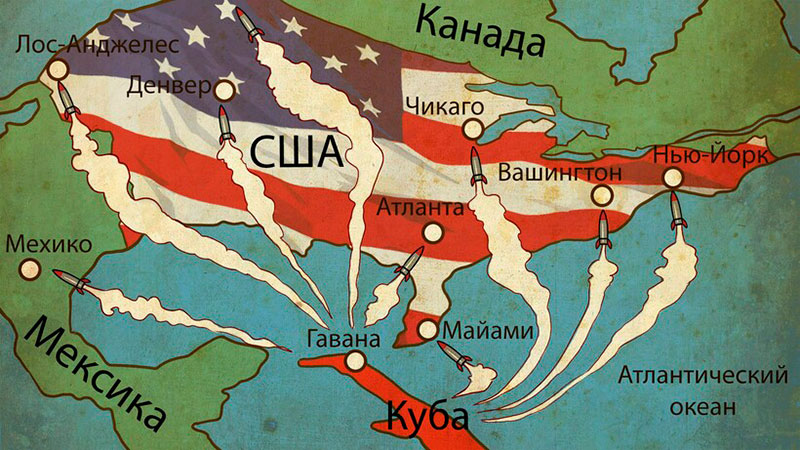
After a series of diplomatic maneuvers, the crisis ended with Khrushchev, on the one hand, withdrawing Soviet missiles from Cuba, and Kennedy, on the other hand, withdrawing American missiles from Turkey, promising not to invade Cuba.
60 years later, US President Joe Biden refused Russian President Vladimir Putin’s proposal to stop NATO’s eastward advance, sparking a new crisis that led to Russia’s invasion of Ukraine.
Having suffered serious military defeats on the Russian-Ukrainian front, primarily due to the strong military support of NATO countries, Vladimir Putin warned that the use of nuclear weapons is now one of the options for Moscow if it considers that its national security is under threat. On the other hand, US President Joe Biden spoke about the lessons of the Cuban missile crisis that could help prevent another catastrophe today.
The nuclear confrontation of 1962 was in some ways more dangerous than the current crisis, the site claims in its analysis. Gzero. Sixty years ago, if a nuclear conflict broke out between the US and the USSR, millions of Americans and Soviet citizens would have been killed within minutes, write the authors of Gzero.
Moreover, in 1962 communication between Washington and Moscow was more difficult. In those days, it took hours to safely send messages from one side to the other, but this increased the risk of miscalculations or fatal accidents while the leaders waited for answers.
For these reasons, the 1962 crisis can be seen as more dangerous than the current one. However, there are other elements that make the current confrontation seem more dangerous.
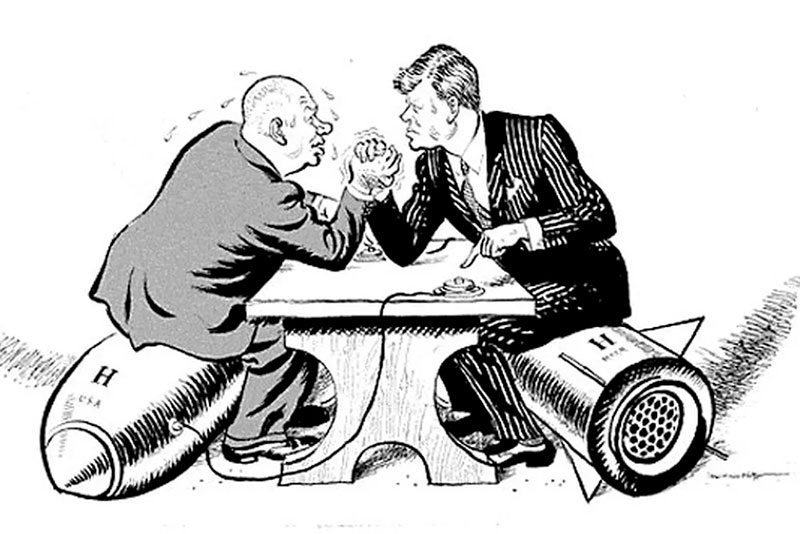
Khrushchev and Kennedy
The Cuban Missile Crisis occurred just 17 years after the end of World War II, the devastating consequences, experiences and images of which were still “fresh” in the memory of the leaders and citizens of that time. Today, 77 years after the end of the last world war, the possibility of new catastrophes seems more abstract, which can also give rise to complacency in the face of the threat.
The Cuban Missile Crisis unfolded in peacetime. On the other hand, today’s Russia is waging a war in Ukraine, in which the United States and its allies are involved on the side of Kyiv, incl. and Greece, which creates complications that did not exist in 1962.
We now know that Kennedy and Khrushchev had other open channels of communication behind the scenes. Secret negotiations then taking place between Robert Kennedy, the brother of the American president, and the Soviet ambassador, Anatoly Dobrynin, played a decisive role in averting disaster and reaching an agreement.
In 1962, the US and the USSR managed to defuse the crisis with flexibility and creativity, elements that are sadly missing today, Gzero notes in his analysis.
Editor’s note: To Gzero’s analysis, I would add an important point that was not mentioned, the current role of the US as the victor in the Cold War and the world’s gendarme, which has entangled most of the world’s countries with its financial and political “tentacles”. In 1962, the United States did not have such influence, and besides, the USSR with the satellite countries was practically equal in military power to the United States.


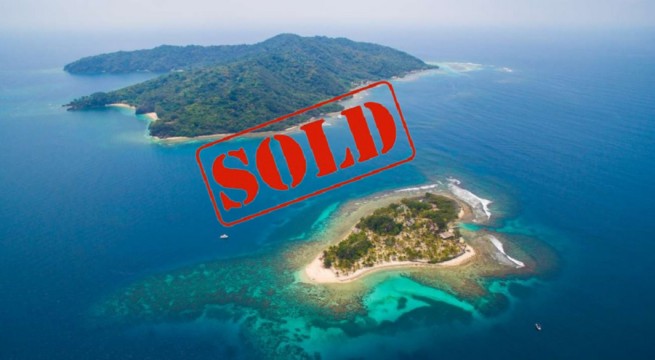

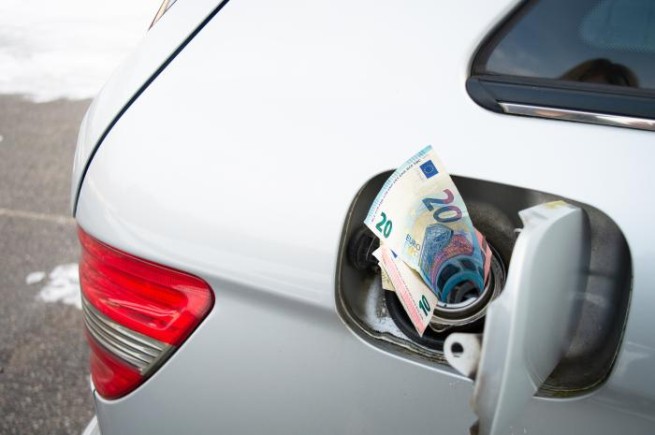
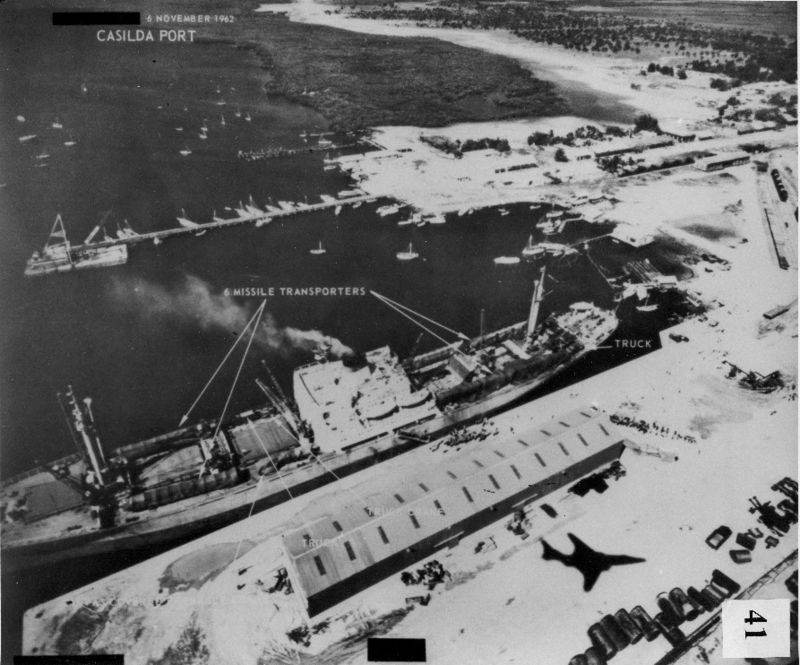

More Stories
In Symi, Antikyra and Arachova, barbecues started smoking: Greeks celebrate Easter on a grand scale
History and traditions of Easter
Greek journalist acquitted by court for uncovering Holy Fire “hoax”